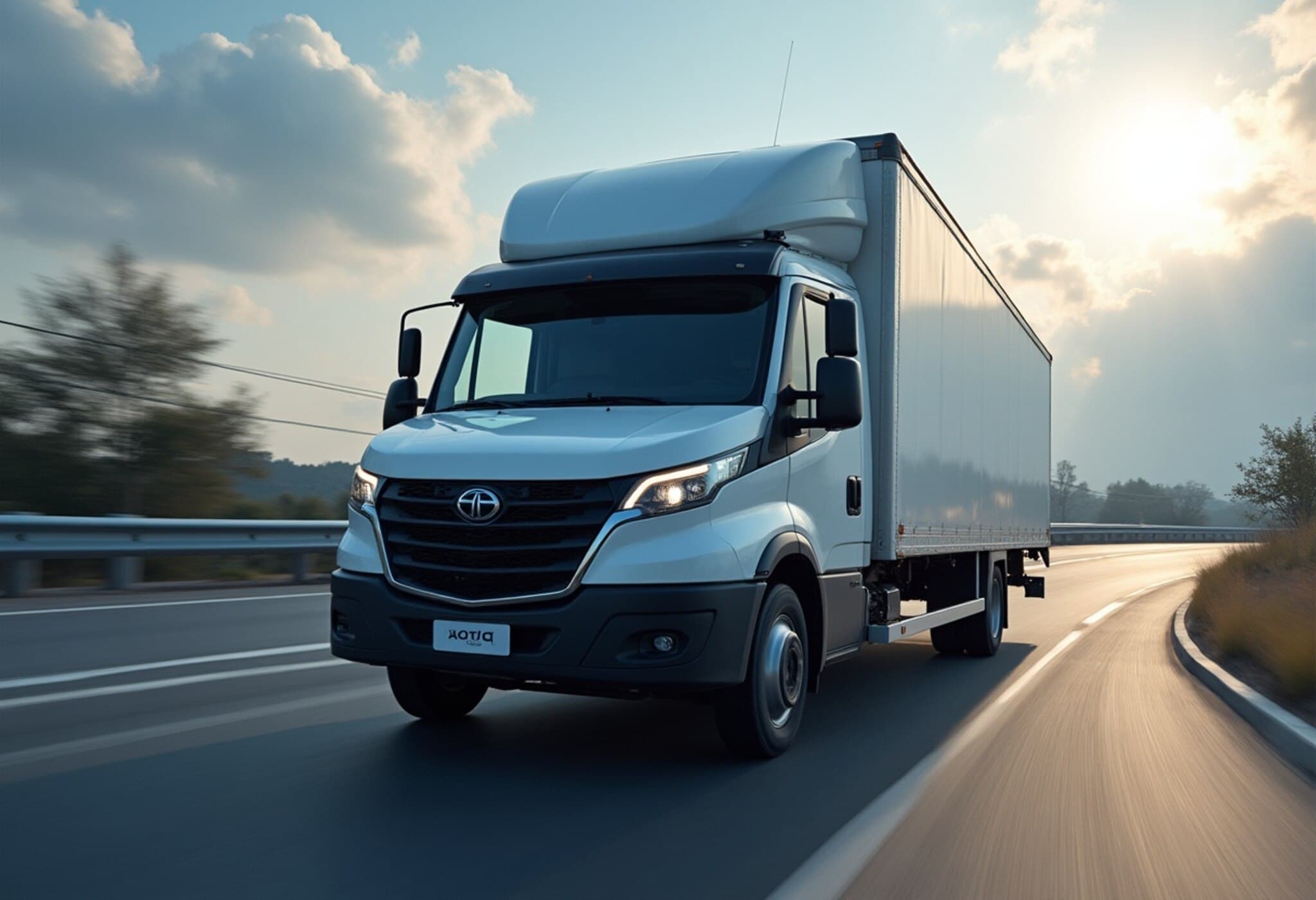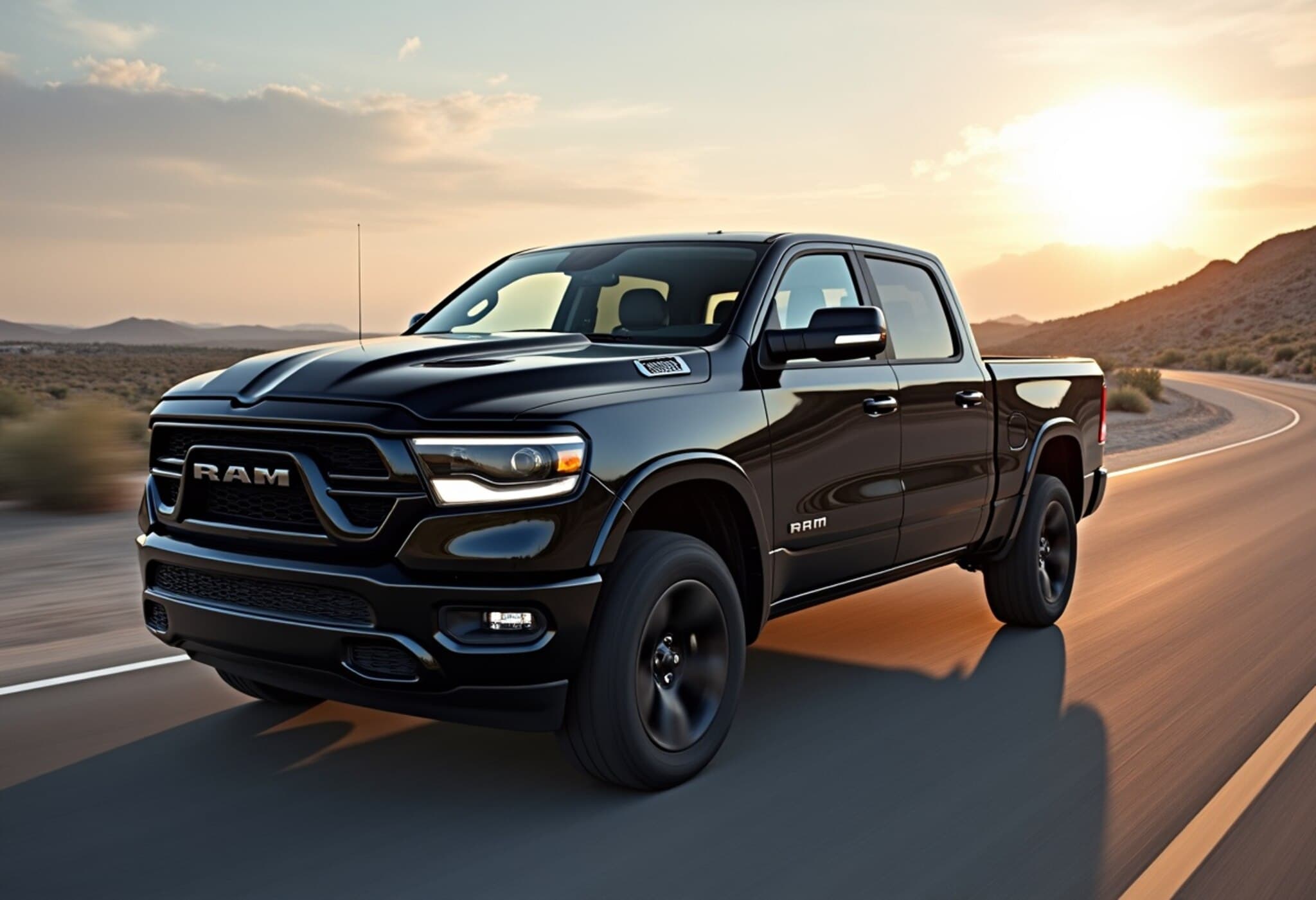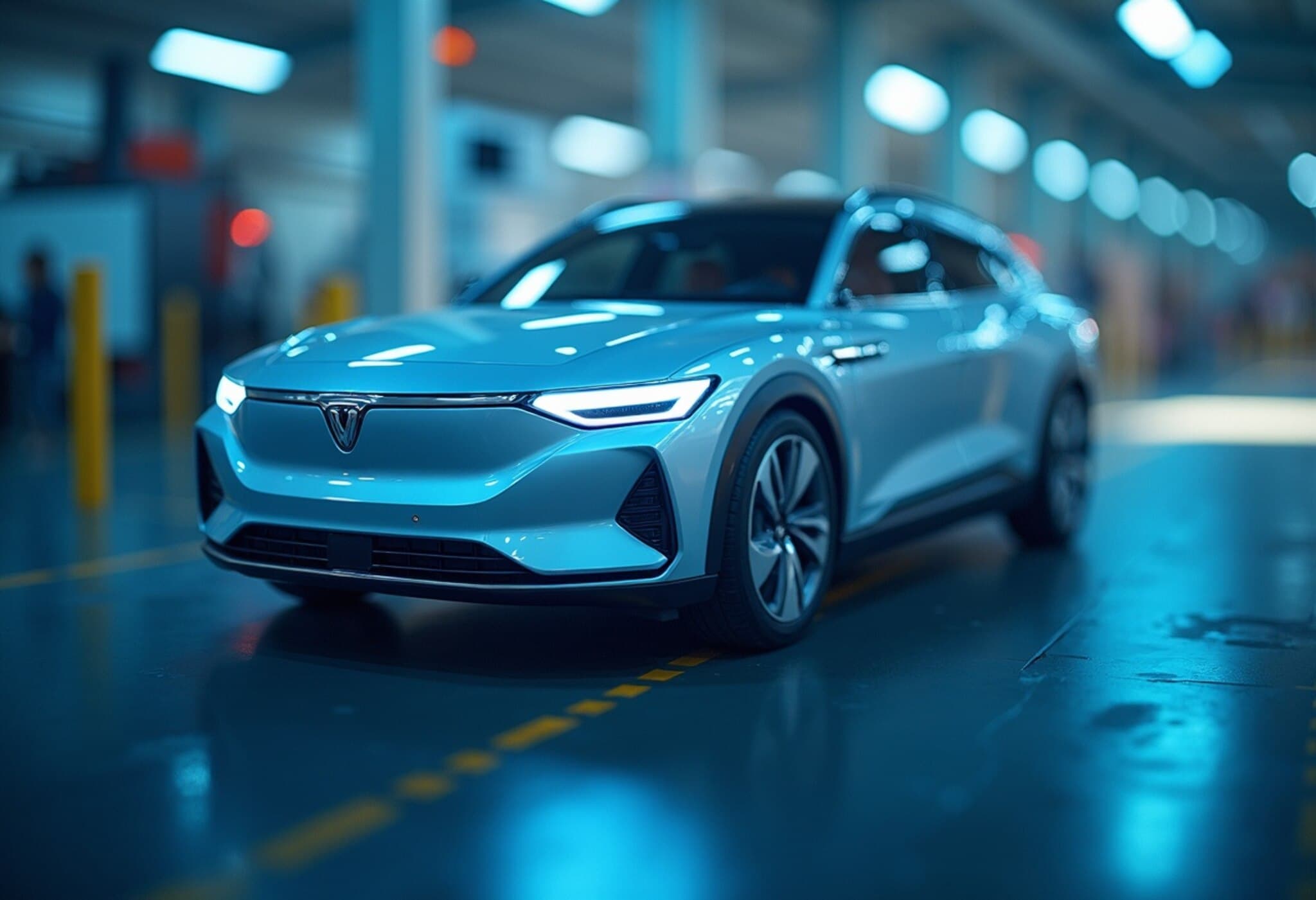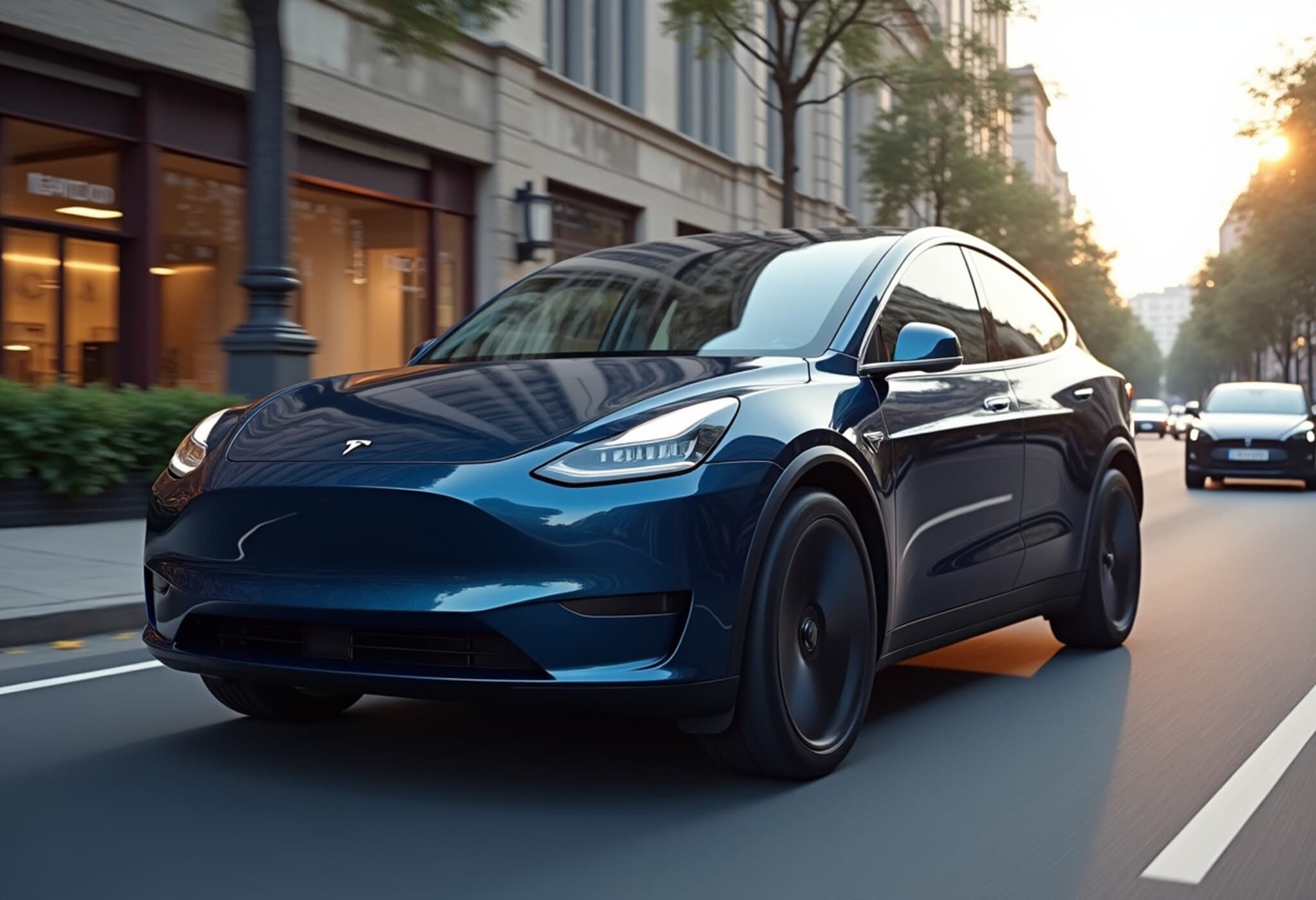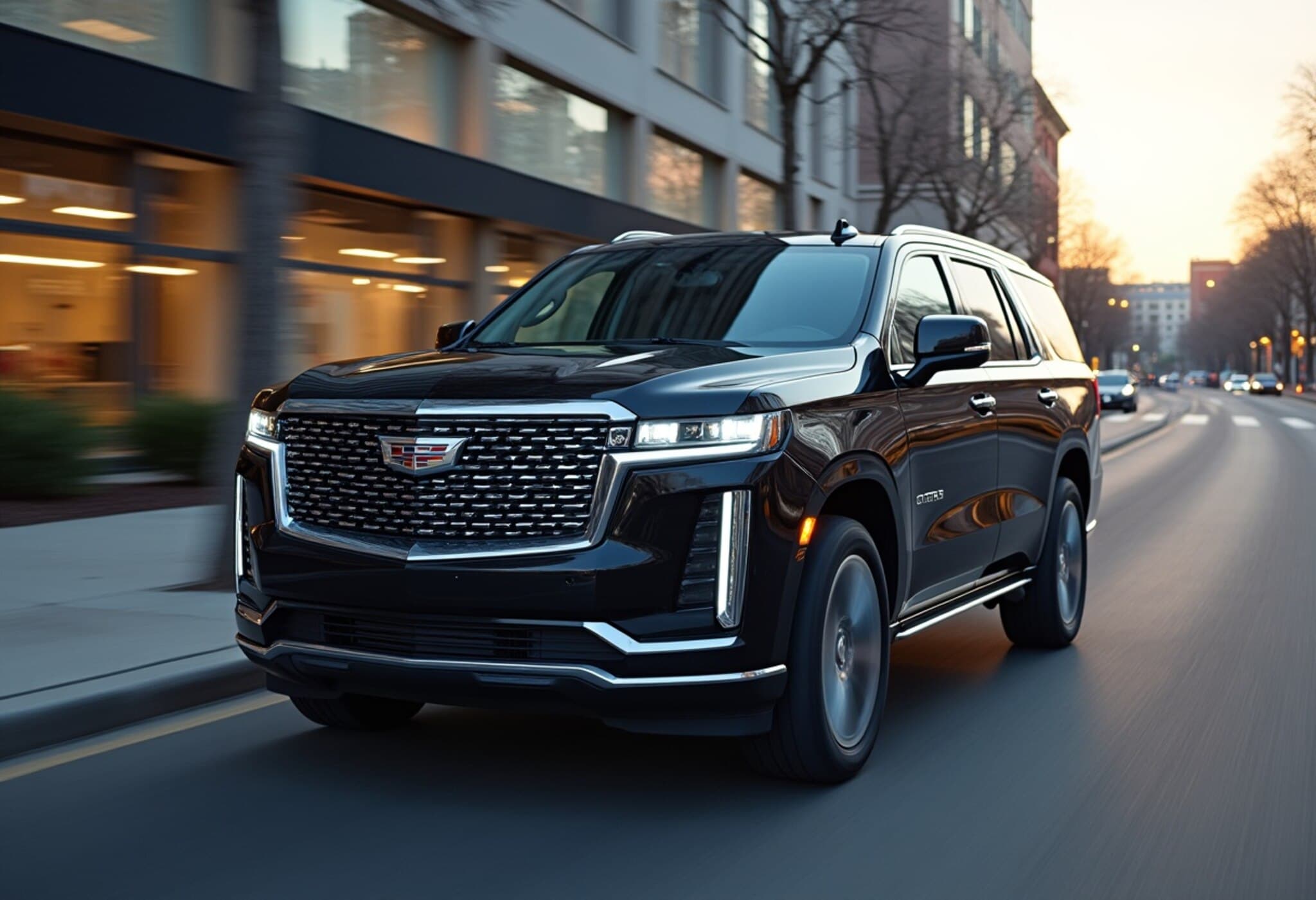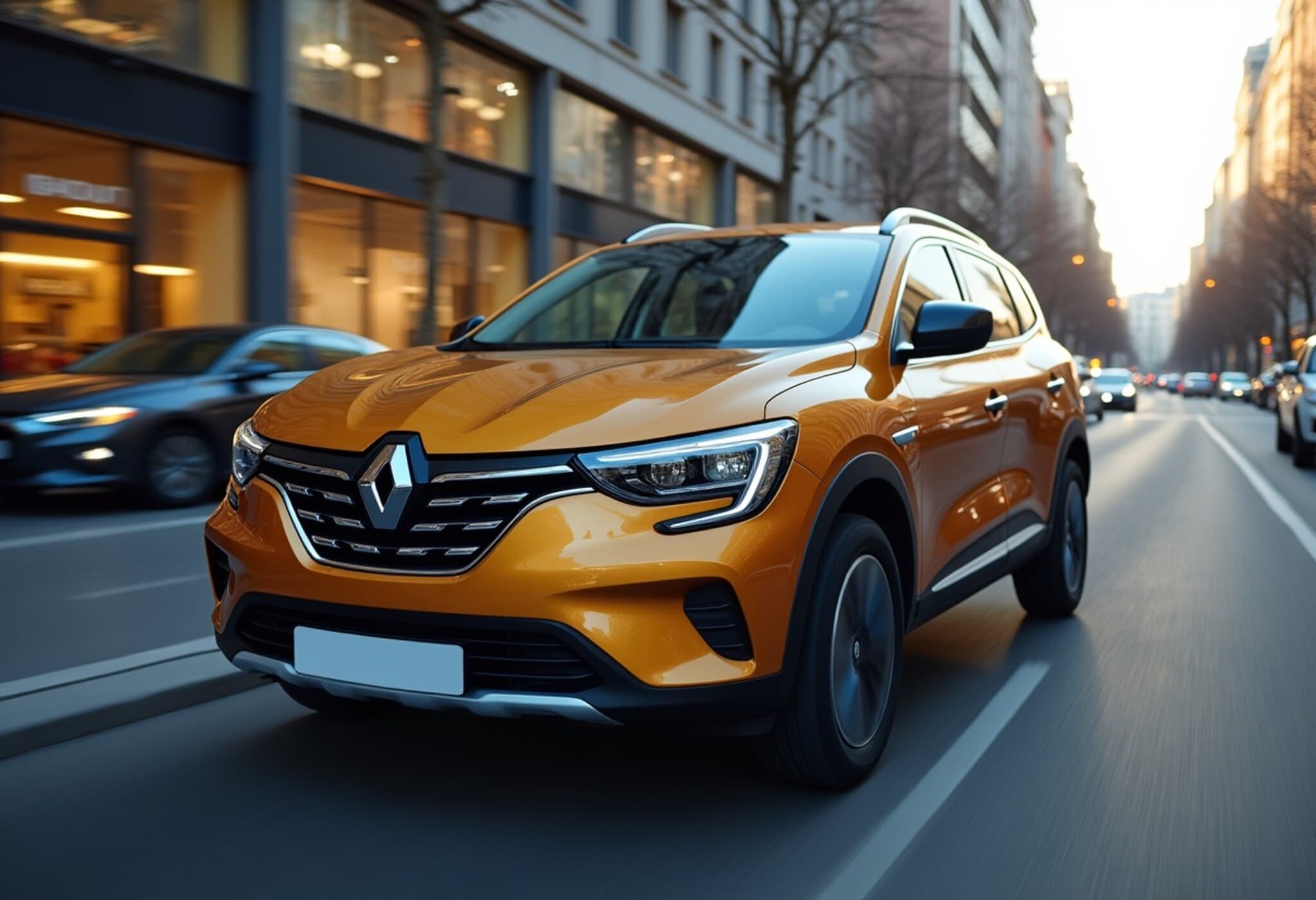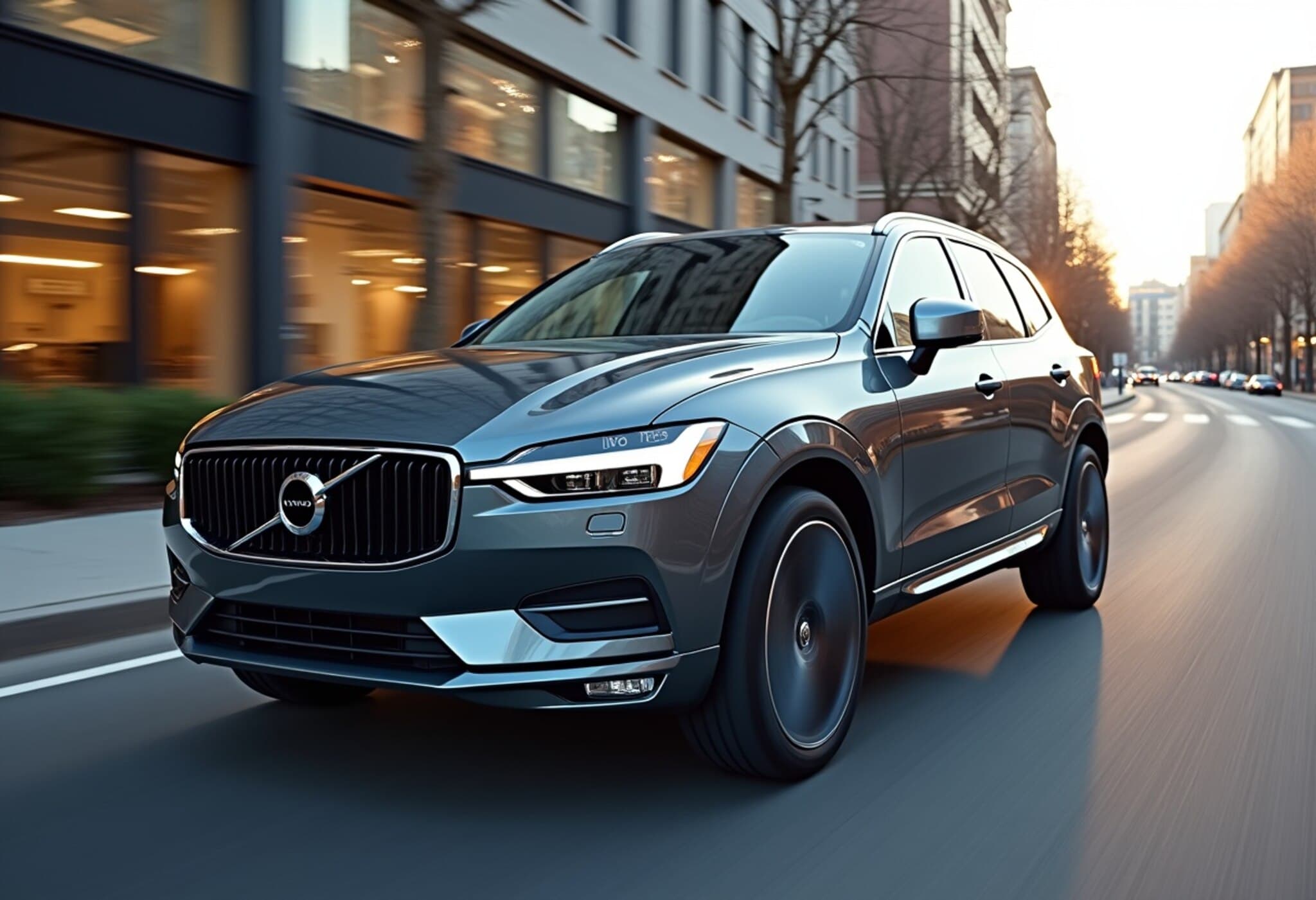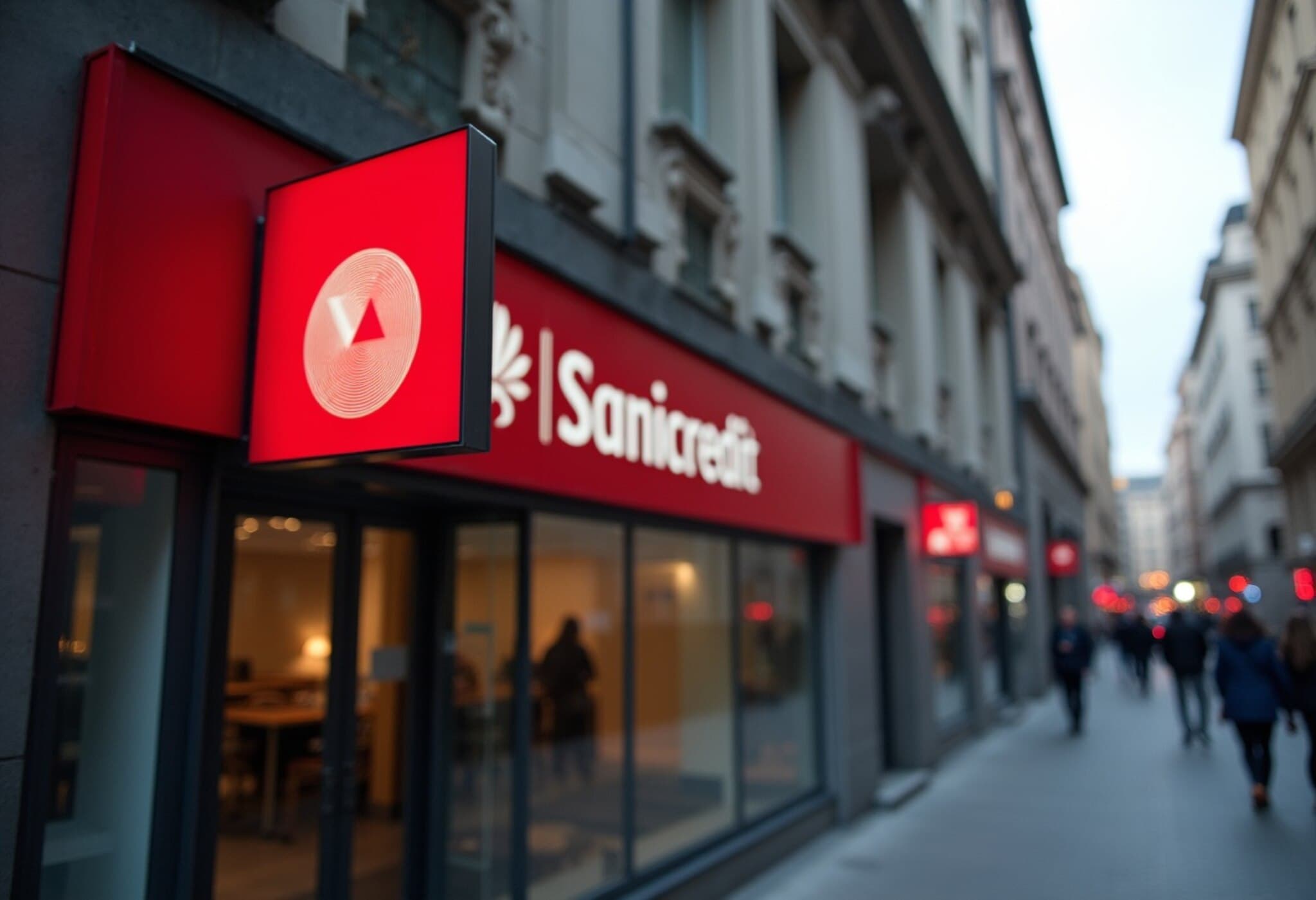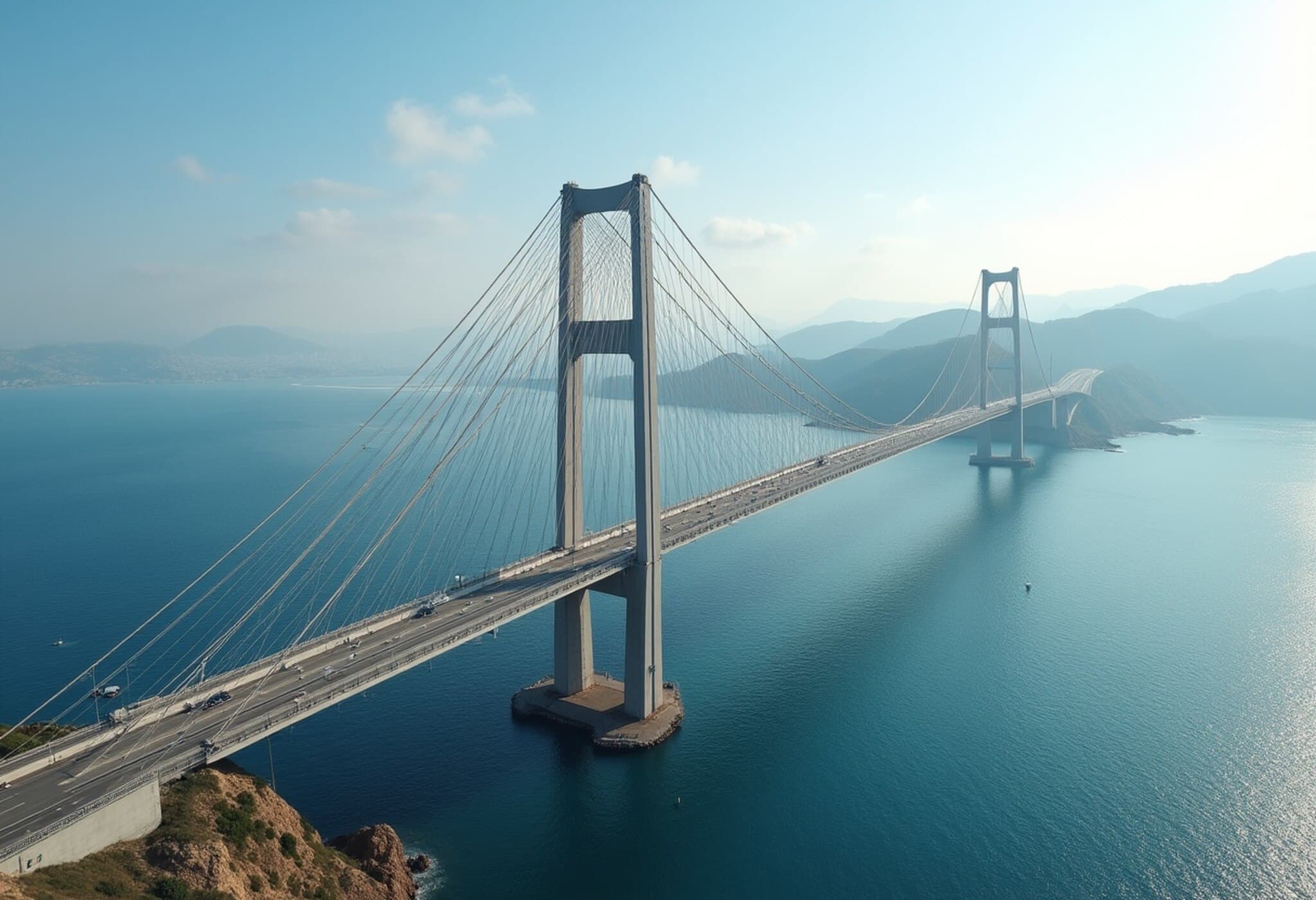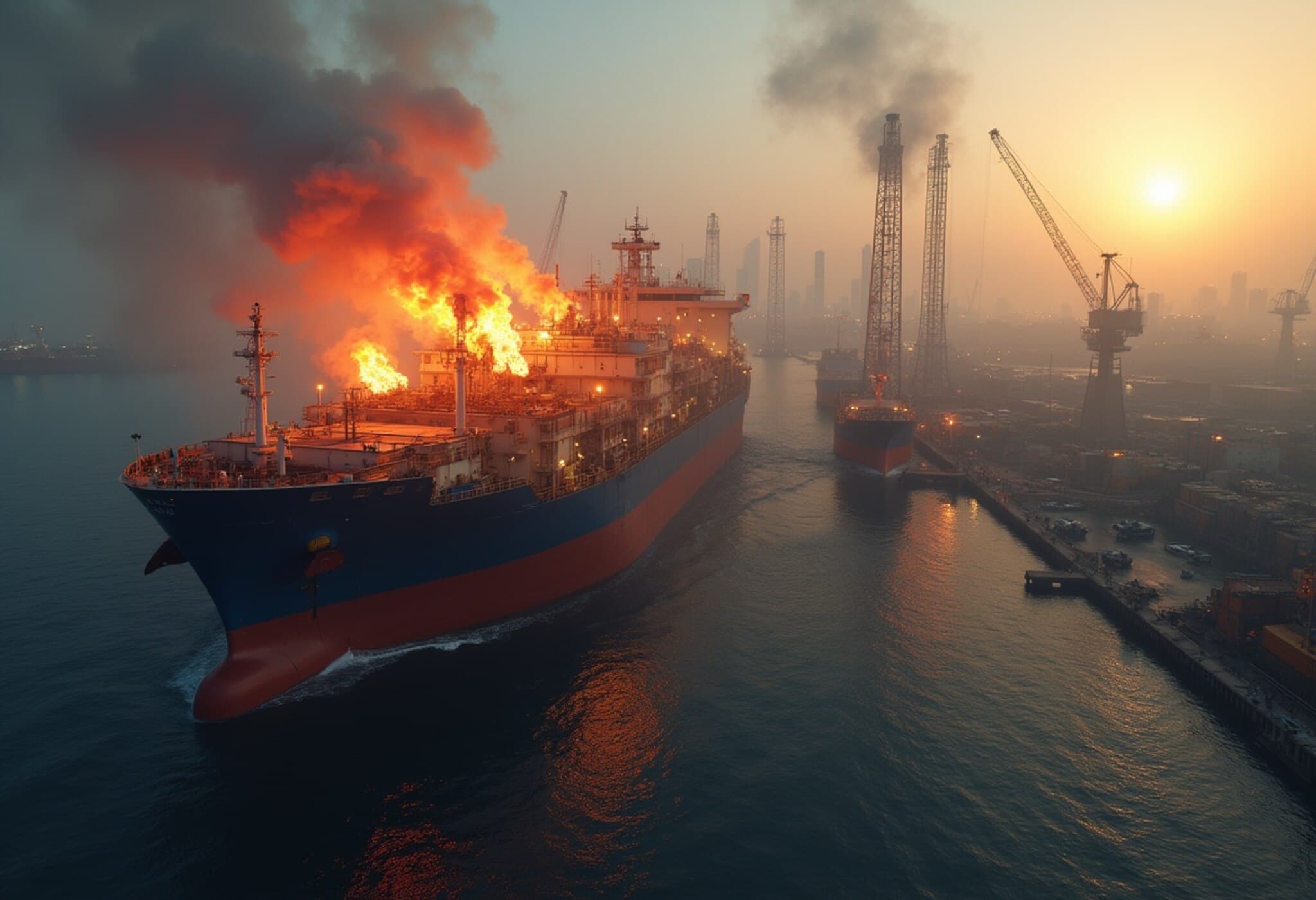Tata Motors Poised for Landmark $4.5 Billion Acquisition of Iveco
In a strategic move that could reshape the global automotive landscape, Indian automotive giant Tata Motors is on the verge of acquiring Italian commercial vehicle manufacturer Iveco for approximately $4.5 billion. This acquisition, reportedly underway with the Agnelli family’s holding firm Exor, would not only be the Tata Group’s second-largest purchase ever but also significantly exceed the $2.3 billion acquisition of Jaguar Land Rover (JLR) in 2008.
Sources familiar with the matter suggest the deal is progressing rapidly, with the boards of Tata Motors and Turin-based Iveco expected to convene imminently to approve the transaction and potentially announce it officially.
What Makes This Acquisition So Significant?
While Tata's takeover of JLR was widely seen as a milestone that transformed the company into a global player in luxury vehicles, the planned acquisition of Iveco highlights a pivot towards strengthening Tata Motors’ hold on the commercial vehicle segment—a crucial pillar for long-term growth and diversification.
- Deal Value: $4.5 billion, nearly double the price paid for Jaguar Land Rover.
- Tata Group Historical Acquisitions: Second-largest after $12.9 billion Corus steel takeover in 2007.
- Scope: Iveco manufactures trucks, buses, and engines.
Iveco, with a valuation around $4.9 billion, remains smaller than European heavyweights like Volvo and Daimler but is a key player with a unique niche in commercial and defense vehicles.
Complex Negotiations and Strategic Divisions
Iveco is reportedly in advanced discussions to separately divest its defense business while focusing the core sale on its commercial vehicle operations. This bifurcation complicates the acquisition process. Iveco plans to complete the defense arm spin-off by the end of 2025, drawing interest from third-party buyers.
Financial advisors include Morgan Stanley for Tata Motors and Goldman Sachs for Exor and Iveco, with legal advisory provided by UK’s Clifford Chance. The deal is structured through a Dutch special purpose vehicle (SPV) fully owned by Tata Motors, a common practice in cross-border deals to optimize legal and tax frameworks.
Regulatory Scrutiny and National Interests
Given Iveco’s strategic importance to Italy, especially its sizable defense manufacturing arm and employment of some 14,000 people domestically, the transaction is expected to face rigorous scrutiny under Italy's "golden power" rules. These regulations empower the Italian government to block or condition acquisitions affecting national security or critical industries.
This regulatory environment raises important policy questions about balancing foreign investment and safeguarding strategic autonomy—a theme that has been growing across Europe amid global geopolitical shifts.
Expert Perspective: A Win for Globalization or a New Challenge?
Industry analysts see Tata’s acquisition of Iveco as emblematic of India’s rising industrial clout and its companies’ ambitions to stake meaningful claims on global stages. However, the deal also spotlights the complexities of integrating European automotive facilities, navigating regulatory landscapes, and preserving jobs amid evolving market dynamics.
As Iveco sits behind European behemoths like Daimler and Volvo in market share, Tata Motors’ challenge will be to leverage Iveco’s strengths in commercial vehicles and defense sectors while investing in innovation and sustainability—areas increasingly vital as the automotive world moves toward electrification and autonomy.
What’s Next?
The exclusivity agreement between Tata Motors and Exor is set to expire on August 1, making the coming days critical for finalizing this high-stakes transaction. Observers will be watching closely for confirmation, changes in deal terms, or indications of regulatory hurdles that might affect the final outcome.
This acquisition has the potential not only to redefine Tata Motors’ footprint but also to influence the broader trajectory of the commercial vehicle industry amid shifting global supply chains and market demands.
Editor’s Note
The prospective acquisition of Iveco by Tata Motors raises compelling questions about the future of the automotive sector in an era of geopolitical complexity and technological transformation. Will this deal empower Tata Motors to compete with European giants on innovation and sustainability? How will Italian regulators balance economic opportunity against national security? These are the critical issues that stakeholders and observers alike should watch as this landmark deal unfolds.
Stay tuned for updates on how this acquisition could reshape the commercial vehicle landscape and the strategic ambitions of one of India’s industrial titans.

